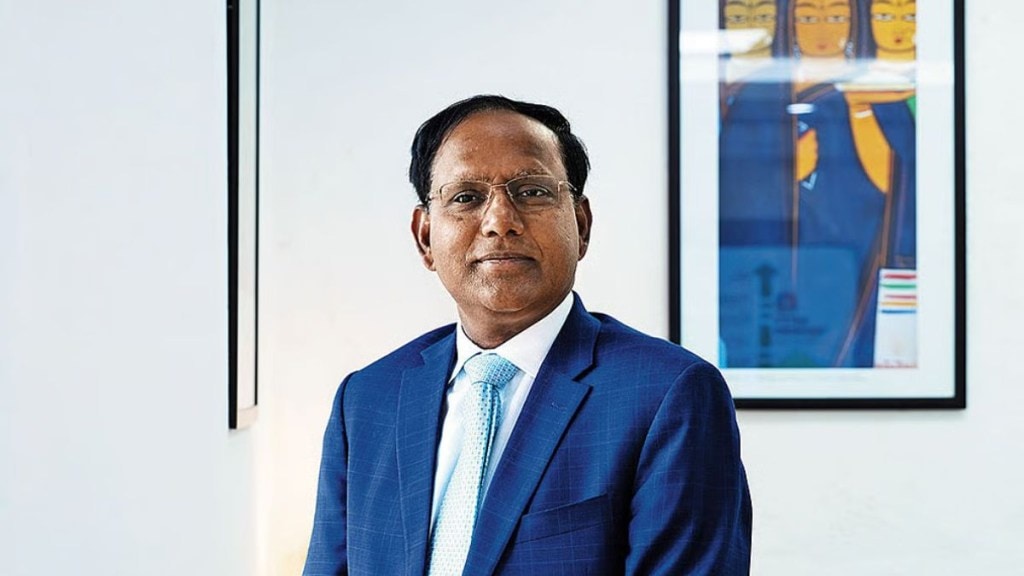Financial Services Secretary M Nagaraju on Thursday called on microfinance institutions (MFIs) to maintain interest rates at reasonable levelsto promote financial inclusion. Speaking at an event organised by Sa-Dhan, the RBI-appointed self-regulatory organisation for MFIs, Nagaraju said: “I have come across some very uncomfortable interest rates charged by some MFIs. It is actually because of inefficiencies in an MFI.”
He attributed high or unreasonable interest rates to failures in achieving cost efficiency and productivity, and called on MFIs to prioritise operational improvements that would enable lower borrowing costs for customers. Nagaraju warned that borrowers in acute need often take loans at high interest rates but may struggle to repay them, potentially increasing stressed assets in the system.
Emphasising the critical role of MFIs, Nagaraju highlighted their importance in advancing financial inclusion and women’s empowerment through doorstep credit delivery. He urged the sector to innovate in reaching underserved populations.
“We still have 30–35 crore youth who need to be brought into financial inclusion. Despite a large number of government schemes, we still have a huge segment of population which is outside financial inclusion. That’s one area MFIs have to focus on,” he said.
At the same event, NABARD Chairman Shaji KV said that the stress in the MFI sector is easing, though continued vigilance is necessary. Shaji also highlighted NABARD’s efforts to digitise the Self-Help Group (SHG) ecosystem and develop a Grameen Credit Score. “We are running pilots with smaller MFIs serving the extremely poor,” he added.
The Union Budget 2025–26 announced the creation of the Grameen Credit Score—an assessment framework to be developed by public-sector banks for evaluating the creditworthiness of SHG members and rural borrowers. Current credit scoring models used by Credit Information Companies (CICs) are generic and do not account for rural-specific factors.
A tailored Grameen Credit Score will enable better risk assessment, improve access to formal credit for SHGs, farmers, and marginalised rural communities, and support their economic growth. The government is finalising the framework in consultation with stakeholders.
